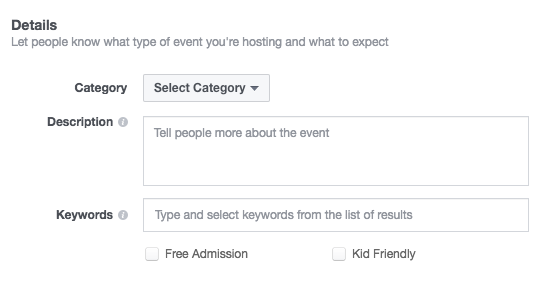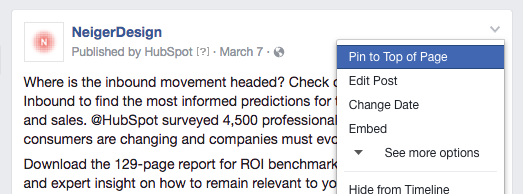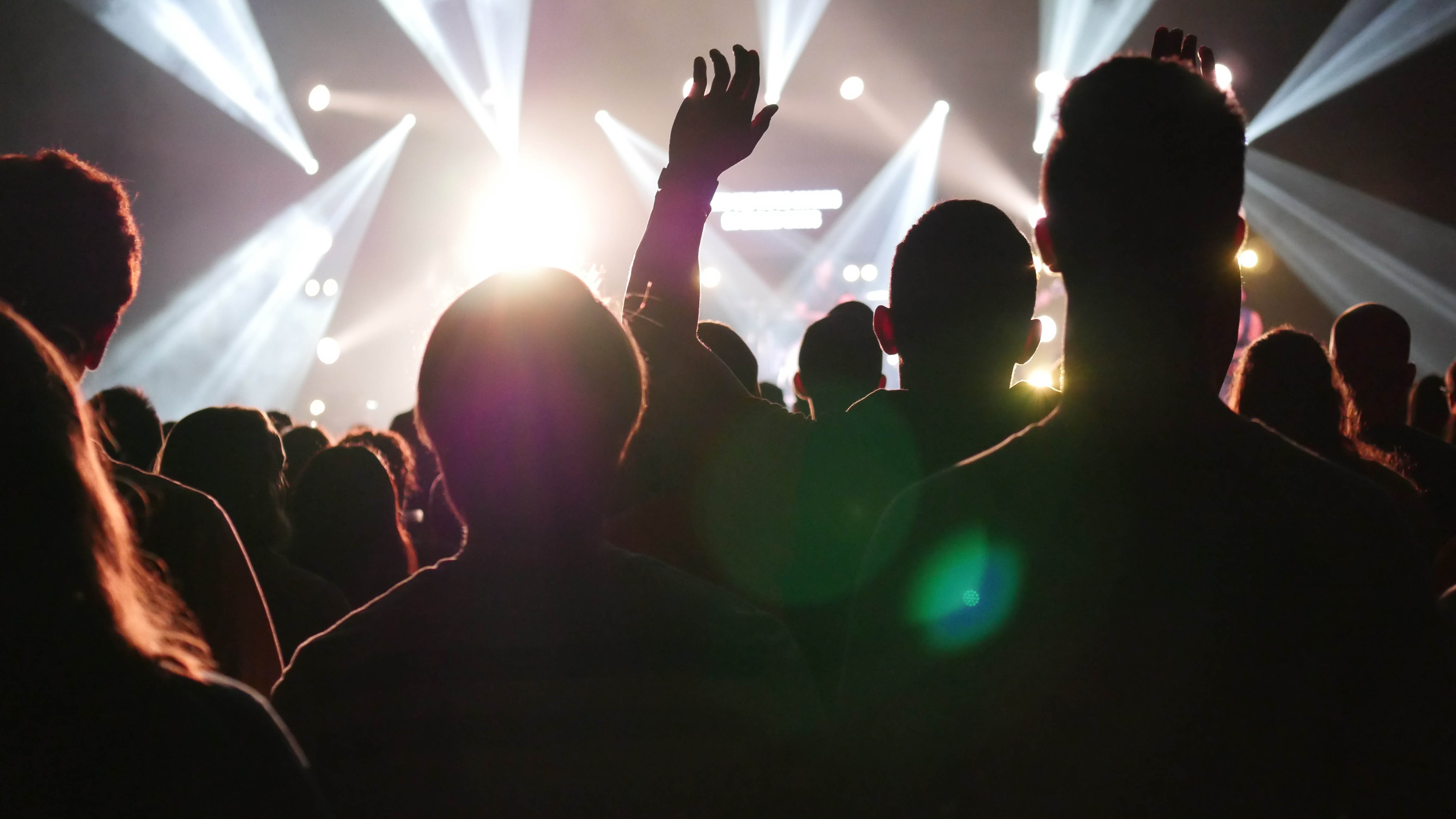Six Steps for Marketing Success with Facebook Events
There are many reasons why announcing and promoting an event on Facebook might make sense for your business. Using the Facebook platform can help you to reach a wider audience, collaborate more easily with a local organization, explore a new market, and even boost awareness of your Facebook Page (to name a few examples).
However, it's important to remember that a Facebook event is still an extension of your brand. As such, it deserves the same strategic planning you put towards your online presence elsewhere. Approaching a Facebook event from a business perspective may seem daunting at first, even if you've used events before in your personal life (after all, you hopefully didn't have to prove ROI on your last potluck!).
To help you get started we've selected the six most important best practices to follow when setting up and managing your business event on Facebook.
1. Use consistent and clear event naming
Although your primary audience may be your existing Facebook followers who are familiar with your brand, or even with previous events you've hosted, remember that if your event is public on Facebook, it will be discoverable to others. This is part of the appeal of creating a Facebook event in the first place, but it also means that it's important for your event name to make sense to new visitors.
Facebook limits the event name to 64 characters and long names can get cut off, so try to keep the name short as well as a clear indicator of what the event is. Avoid using all capital letters or including unnecessary symbols, which can make the name hard to read.
2. Make the description thorough and easy to understand
The description is where many will look for additional details, but can also serve as a compelling reason to attend the event in the first place. Provide any information about the schedule, pricing, guest speakers, etc. in the description. Also be sure to clarify any particulars that guests will need to know when they arrive (such as if outside food is not permitted or where the entrance gates are located).
Facebook recognizes hashtags and tagging using the @' symbol in the description, so consider including those to direct guests to speakers or performers who have Facebook Pages and a following of their own. Not only will your guests be able to learn more�and get even more excited about the event�but the performers and other partners of your event will appreciate the shout-out.
3. Choose an appropriate category and relevant keywords
When an event is public, Facebook will recommend the event to users in the area when it matches their interests. Take full advantage of this additional exposure by selecting an appropriate category for your event and adding in 1�3 keywords that are relevant to your event and of interest to your audience.
In recent years, Facebook has limited the possibilities for event keyword selection, but they make it easy to find the keywords available to you. As you start typing into the keywords box, Facebook will suggest options to choose from. You may not find a perfect match, but remember that it's okay to use broad selections. For example, when NeigerDesign hosted a gallery reception for a Studio//Shift opening, there were no options like "community art show" or "arts collaborative" or even "gallery reception" to choose from, but "art exhibition" was an option.

4. Determine how you'll handle questions
Remember that the event is associated with your brand, and you should treat it as such. You wouldn't ignore a customer service request in your office (we hope), so don't ignore or delay answering a question about your event. Decide in advance if you will permit guest posts on the event timeline, and assign a point-person to address questions as they arise.
Allowing event guests to post on the event timeline can be a great way to build excitement, and it also provides guests with an easy way to ask questions. Be prepared to answer those questions in a timely, coherent manner. If you choose to not permit guest posts on the event timeline, provide a phone number or email address in the event description to let guests know where questions can be directed.
5. Post updates and build hype
Share news coverage of your event or other excitement-building or informational content to the event timeline. As with your Facebook Page, you can post updates, web links, or photos to the event timeline. This is a great way to generate anticipation as the date approaches.
Updates will also serve as reminders to your guests and can help you engage with those who are still undecided. You can choose to "pin" the most relevant post (such as an update with important details) at the top of the timeline using the dropdown on the top right of a post, which is the same process on your Facebook Page timeline as it is on your event timeline.

6. Encourage sharing
Share the event on your Facebook Page and encourage event coordinators to share it among their personal networks as well, both through their timelines and by inviting friends. The more engagement the event gets, the better public distribution it will receive, and the easiest way to get the momentum going is by leveraging the combined audiences of the event stakeholders and coordinators. They are, after all, the built-in brand evangelists for your event.
Be sure that any speakers, performers, or other event participants are provided with the link to the published event so they can share it properly�which includes digital spaces beyond Facebook. Even if someone isn't logged in to their Facebook accounts, they will be able to view the basic information about your event by following a URL link.
Lastly, don't just sit around and wait for RSVPs to come pouring in. Spread the word! Instead of sharing the event once on your Facebook Page and calling it good, take the time to post content related to the event on its timeline as well as your Page, and consider creating a full campaign surrounding the event.
This being Facebook that we're talking about, there is the option to promote your event using paid ads and "boost." The upside to promotions through Facebook, besides more impressions, is the ability to target your audience more precisely than through the general setup. However, there are still ways to get organic reach by appealing to your audience's interests. Think how much anticipation you could generate for the event by hosting interviews with guest speakers on Facebook Live, for example. Interested in some help strategizing? We'd be happy to talk!



Comments
Questions or comments? Join the conversation!